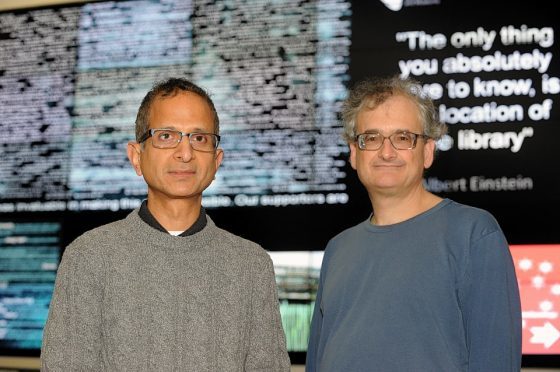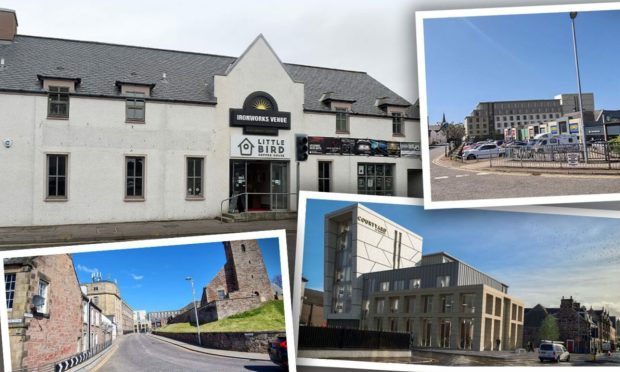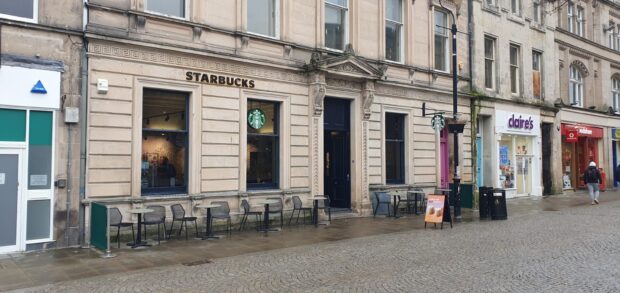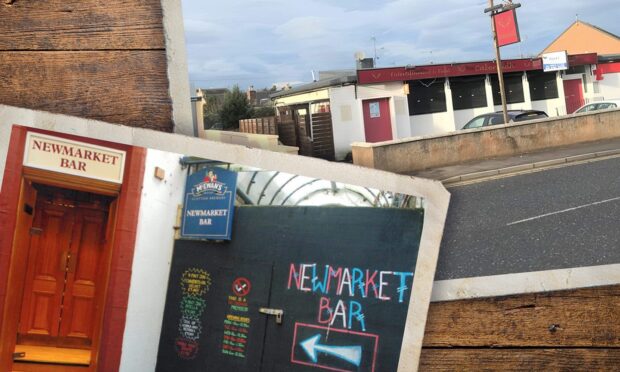A company that started as a spin-out from Aberdeen University has signed a deal that will see its technology used to predict the deadliest of all natural disasters.
Arria NLG, which developed its “natural language generation” technology in Aberdeen with the oil and gas industry, has set up a partnership with global earthquake forecaster, GeoCosmo.
The California-based firm, which has enjoyed a 100% hit rate for predicting earthquakes measuring 3.1 on the Richter scale or above in their test zone in South America, aims to use Arria technology to report on large data sets derived from GeoCosmo’s semiconductor physics and algorithms in real time.
GeoCosmo will be able to “bridge the data distance between semiconductor physics and plain language” using Arria’s technology, which will be used to automate the analysis of seismic event data to produce status updates and alerts.
Earthquakes are the deadliest of all natural disasters – over the last 100 years, they have caused millions of deaths and cost the global economy trillions of dollars. Just this past month, over 290 people were killed in a 6.2 magnitude earthquake in Italy.
Charles Gonzales, chief executive of GeoCosmo, said: “This technology will improve the way we travel and interact with the earth. Not only will this add an incredible safety feature to society both locally and globally, it will provide time to prepare for potentially devastating seismic disasters and protect local and global communities – something we have been unable to do until now.”
Sharon Daniels, chairman and interim chief executive of Arria, said: “Through this relationship with GeoCosmo, Arria’s platform will soon be able to interpret complex sources of scientific data to communicate incredibly valuable information to affected communities. Arria is committed to this kind of mission-based strategic partnership that uses AI to accelerate the way we understand, interpret and share information to improve the way we live.”
The AIM-listed Arria was founded on specialist data software developed by Aberdeen academics. It acquired Data2Text, founded by professor of computing science Ehud Reiter and senior lecturer Dr Yaji Sripada, in 2013.










